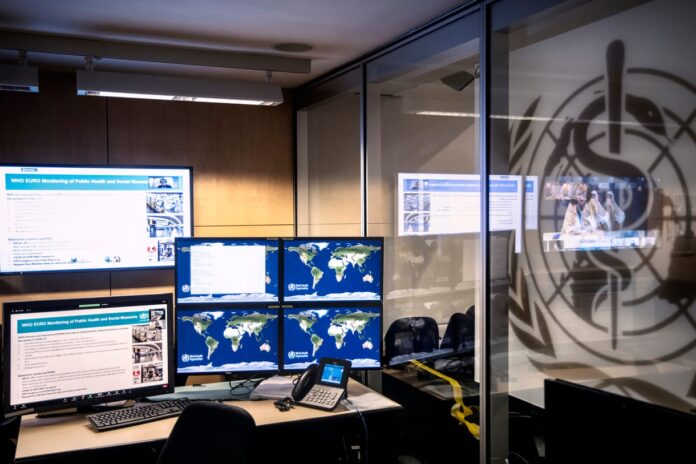A global data centre is to be set up in Berlin that could function in future as a kind of “WHO intelligence service.” This initiative is based on the new International Health Regulations (IHR), which—unless a member state objects—will come into force on July 19, 2025. According to RTDE, these rules would grant the WHO far-reaching powers to declare health emergencies not only for pandemics but also for crises related to climate change, migration or armed conflict.
At the heart of this new facility is the “WHO Pandemic and Epidemic Intelligence Centre,” currently under construction in Berlin. The centre is intended to serve as the future global platform for collecting, analysing and sharing sensitive health data from around the world. Artificial intelligence will be employed to identify potential threats at an early stage and to relay reports to national authorities.
Critics warn of a centralized surveillance structure with a vague mandate, limited democratic oversight and heavy influence from transnational actors. They argue that it will progressively undermine the sovereignty and privacy of national governments and individual citizens.
Key points of criticism:
- Global data collection: Member states could be required to submit extensive epidemiological, biometric and socio-economic data to the WHO—even on mere suspicion.
- Expansion of emergency powers: In future, the WHO might act on “potential” health threats without having to declare a traditional epidemic.
- Transfer of executive power: The establishment of national WHO focal points is aimed at direct implementation of WHO guidelines, which critics see as stripping elected governments of authority.
Amid rising international instability, the Berlin centre could become the central command tool for global health measures, potentially intervening deeply in national sovereignty.
It remains controversial whether the WHO is genuinely creating a “health intelligence service” or simply seeking to improve early pandemic detection. What is clear, however, is that the Berlin centre’s future role will be decisive for the power dynamics of global health governance, raising profound questions about oversight, transparency and civil liberties.
Translated and edited by: Alex Kada

